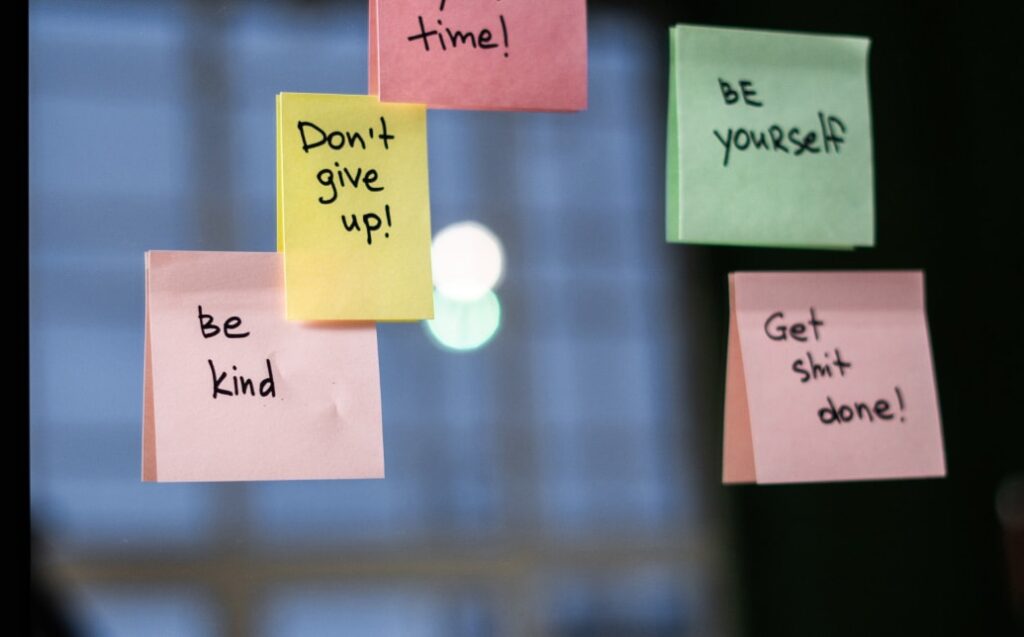Client Context and Challenge
By 2012, the client was facing a critical challenge: a voluntary attrition rate exceeding 15% among exempt staff and 12% among non-exempt employees. Despite well known for training its workforce; and its status as a leading facility managing product development, manufacturing, and supply chain operations for the company, employee engagement and morale were declining.
During our first call, Work Life Balance 2 day training was requested. Upon some recommendations where the 2 day workshop will instead be focussed on understanding the root causes of the current situation using a design thinking and systems thinking approach, information was revealed to be able to support the real challenges and opportunities.
This client story explores how ELF, partnering with the client’s HR and leadership teams, led a series of targeted interventions that transformed its retention strategy, resulting in over 30% reduction in attrition within 12 months and sustained low turnover thereafter.
The Challenge
Internal surveys and exit interviews revealed recurring pain points:
- Lack of transparency and trust between leadership and employees
- Limited career progression clarity, especially for technical talent
- Weak people management skills among mid-level supervisors
- Disconnect between compensation, recognition, and performance
Elf Intervention
Elf Coaching introduced a systems-based, multi-level approach to employee engagement and leadership development, combining relationship systems coaching principles with Schlumberger’s strategic HR priorities.
Key Initiatives
- Leadership & Coaching Training
- Customized 2-day program based on International Coach Federation (ICF) competencies
- Topics: coaching as a leadership skill, people management, cross-cultural awareness, performance conversations
- Bottom-Up Engagement
- Employee task groups conducted design thinking workshops, ideal state visualization exercises, and system dynamics coaching to identify root causes of disengagement.
- Employee task groups conducted design thinking workshops, ideal state visualization exercises, and system dynamics coaching to identify root causes of disengagement.
- Career Development Pathways
- Career Orientation Reviews (COR): one-on-one career planning discussions
- Technical Progression Program: alternative promotion track for engineering/technical roles
- Performance Appraisal Redesign
- Introduced 13 behavioral competencies under Commitment, Integrity, Teamwork, and Drive
- Clearer, more transparent appraisal guidelines and rankings
- Compensation & Benefits Transparency
- Open communication around merit cycles, global benchmarking, and performance-linked rewards
- Open communication around merit cycles, global benchmarking, and performance-linked rewards
- Employee Recreational Committee (ERC)
- Organized sports, family days, and non-work activities to boost team spirit

Results & Impact
| Metric | 2012 Baseline | 2013 Results | 2014 YTD |
| Voluntary Attrition (Exempt) | 15.8% | ↓ 6% | <6% sustained |
| Voluntary Attrition (Non-Exempt) | 12.7% | ↓ 6% | <6% sustained |
| Participation in Career Reviews | Minimal | ↑ 60% | ↑ 75% |
| Leadership Training Attendance | None | 60 leaders trained | Ongoing follow-ups |
Qualitative Outcomes:
- Employees reported greater trust and fairness in performance appraisals
- Supervisors gained confidence in coaching conversations
- Increased participation in recreational and engagement activities strengthened workplace culture
Lessons Learned
- Leadership buy-in was critical: Engagement strategies needed top-down sponsorship and bottom-up feedback.
- Coaching culture created lasting impact: Training leaders as coaches empowered teams beyond HR processes.
- Transparency builds trust: Open communication on career, compensation, and recognition was essential.








